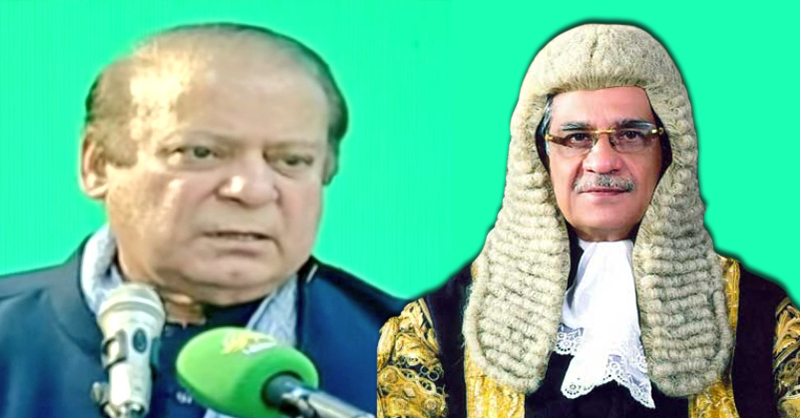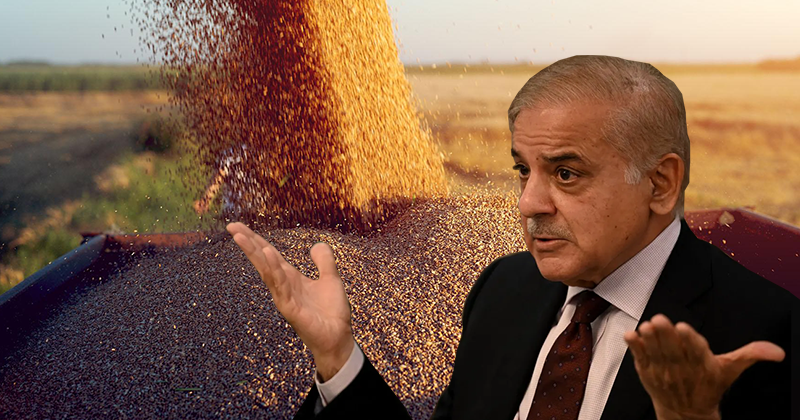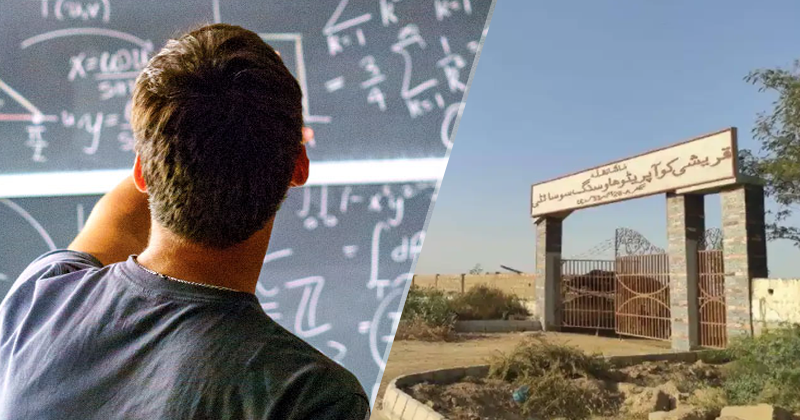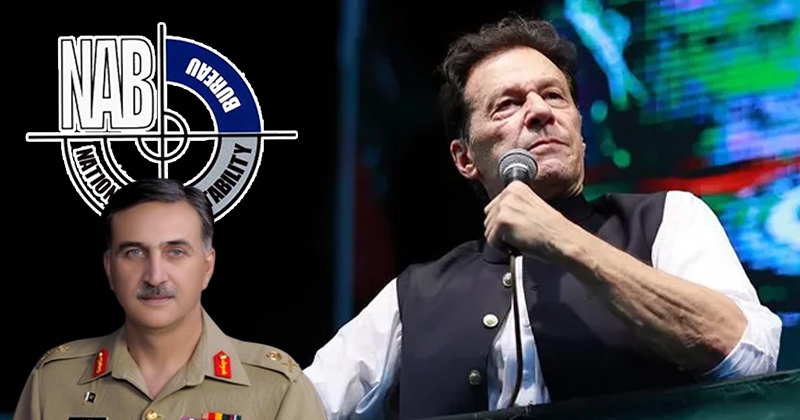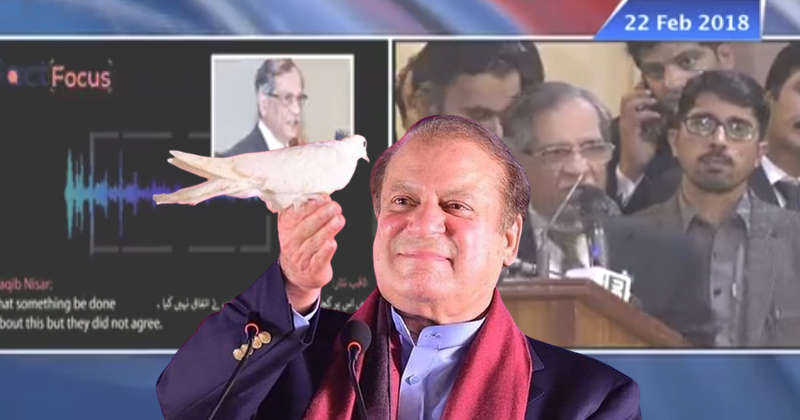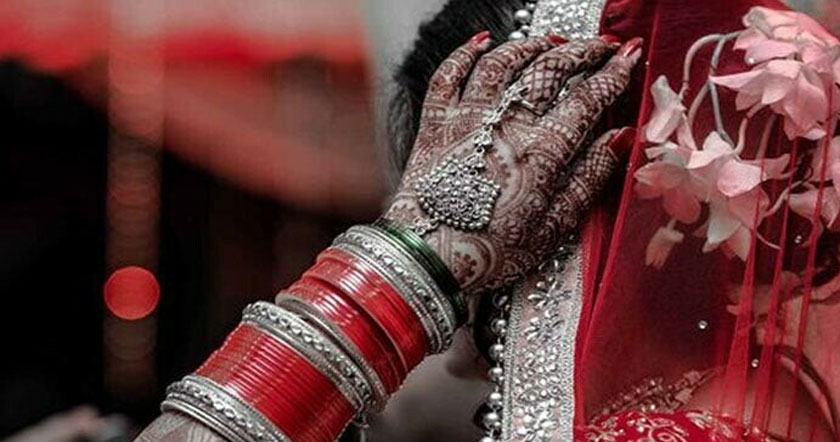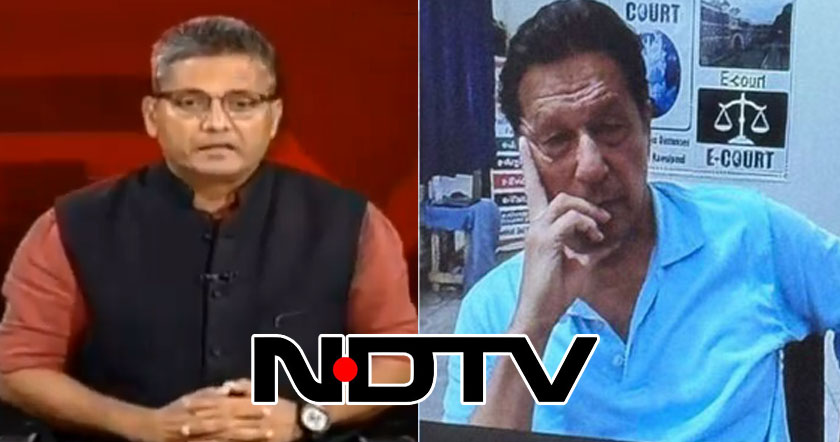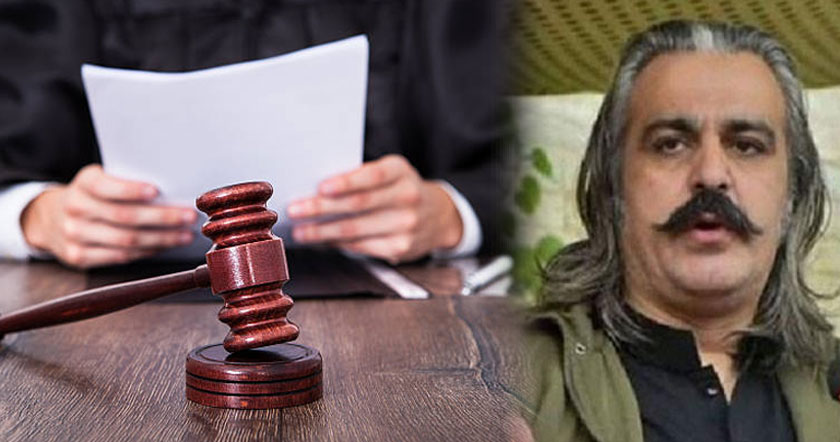
[h=1]The Civil War Within Syria's Civil War[/h] [h=2]Armies of Kurdish women are taking on Syria's Islamists -- and winning.[/h]
[h=3]BY HARALD DOORNBOS AND JENAN MOUSSA | AUGUST 28, 2013[/h]

RAS AL-AYN, Syria -- "Quick, run, run," shouts Kurdish commander Roshna Akeed, as she orders two young female fighters to move toward a brick wall that represents the front line between Kurdish forces and al Qaeda-linked militants in this northern Syrian town.
Six male Kurdish fighters are already guarding this part of the front. They have removed some of the bricks from the five foot-high wall, and their guns peak through small holes toward the enemy, which is positioned in a hamlet roughly one-third of a mile away.
At the moment when the two female fighters arrive, the shooting erupts. One girl sporting a pony tail runs to the right, sticks her Kalashnikov through a hole in the wall and opens fire. Her male colleagues are also firing now. One man shoots through a hole in the wall while sitting on a white plastic chair. On the back of the chair is written in Arabic: "I love you until death."
As if Syria does not have enough war already, fighting recently broke out in the northeast of the country between Kurdish forces and radical Islamists -- both of whom are no friends of President Bashar al-Assad's regime. In Ras al-Ayn, all the country's problems come together: The town not only sits on the front lines of fighting between Kurds and Arabs, it is also located right on the edge of the Syrian-Turkish border.
The Kurdish fighters in Syria are separated from Turkey's border troops -- traditionally the implacable enemies of any form of Kurdish separatism -- by only a 5-centimeter-thick iron gate.
The result is a civil war within a civil war. As the United States prepares for a military intervention in response to what it says was an Aug. 21 chemical weapons attack by the Assad regime on the eastern Damascus suburbs, it is just these sort of divides that could give American policymakers headaches for months and years to come.
While U.S. President Barack Obama's administration has signaled that any strike will not aim to topple Assad, deeper U.S. involvement in the country's two-and-a-half-year civil war will mean more than a few Tomahawk missiles lobbed at military installations in Damascus - it will require grappling with the sectarian and ethnic divides that promise to define Syria's future.
For the Kurdish fighters in Ras al-Ayn, there is no doubt which side the United States should support.
"We are fighting America's war on terror right here on the ground," says Kurdish fighter Dijwar Osman. "Our enemies are those al Qaeda fighters who want to destroy our 4,000-year-old Kurdish culture. These jihadists come from Belgium, Holland, Morocco, Libya, and other countries. Unfortunately, the U.S. and Turkey are on the side of al Qaeda, just like the U.S. was on al Qaeda's side in Afghanistan during the '80's."
The fights erupted after Syria's 2 million Kurds declared "self-governance" this past June in a region the Kurds call "Western Kurdistan" or "Rojava," which is Kurdish for "where the sun sets."
Kurds account for 10 percent of Syria's population, making them the country's largest ethnic minority. And they have turned Rojava, which covers roughly 10 percent of the country, into a de facto Kurdish mini-state: They have their own army and police here, names of towns have been changed from Arabic to Kurdish, and the Kurdish language is being taught in schools -- something that was forbidden under the Assad regime.
While the Assad regime and the mainly Islamist Syrian opposition are engaged in a fight to the death elsewhere in the country, they are both staunchly opposed to Kurdish separatist ambitions. Both sides consider the self-governance declaration a first step toward Kurdish independence and a possible break-up of Syria. The move also alarmed the authorities of neighboring country Turkey, which is home to the world's largest Kurdish population and has a long history of violent Kurdish separatism.
The only way to enter Rojava is to sneak in illegally from Turkey or Iraq. We waited in the fields until soldiers weren't on the lookout and then followed a local smuggler across the no-man's land between the countries: We not only jumped a barbed wire fence but also traversed a narrow sand path through a minefield. As we crossed, the smuggler pointed to the area outside the path, saying "boom, boom" by way of warning.
In the town of Rumeilan, about 12 miles from the border with Iraq, you can hear the sound of outgoing mortars. "These go to the Islamists," says Aras Xani, a teacher at a local school who carries a pistol for protection.
"We Kurds are neutral," Aras continues. "We aren't with the regime, and we aren't with the rebels. The regime and the opposition are fighting a sectarian war, which can last decades. We don't want to have anything to do with it. We speak of the Kurdish Spring, not the Arabic Spring."
Although there is not much destruction in Rojava, the situation is far from normal here. In Rumeilan, the main street is barricaded by metal garbage containers -- a precaution against Islamist-made car bombs.
Al Qaeda-linked groups have started kidnapping Kurds in the area. Two of Aras's uncles have been taken after Jabhat al-Nusra, the Syrian al Qaeda affiliate, attacked their family home. During our visit, Aras's mother sat expectantly on the floor in the living room next to a green phone, waiting for the latest information about them.Only five miles down the road, heavy fighting continues between Kurds and Islamists for control over the Syria-Iraq border town of Yarubiya.
Despite these problems, Aras is happy and proud of this Kurdish enclave. "I am now a Kurdish teacher in the same school where I as a child was not allowed to speak Kurdish," he says. "Look, that is what I call victory."
Aras's brother, Sores, is head of Rumeilan's police force. He meets us at his new office inside the former Syrian state oil complex, wearing a new police uniform. "Not Assad, but the Islamists are now our biggest enemy," he says. "The Assad regime only oppressed us. The jihadists want to exterminate us."
According to the police commander, the Kurds did not have a choice when they opted for self-governance. "The war created a vacuum. There was no authority," he explains, "What we have on the ground is not separatism, but self-administrative areas. We are just filling up this vacuum. We don't want to separate. We want to get our rights and stay within Syria."
And they have filled this vacuum with alacrity. On the roads through Kurdish territory in Syria, heavily-armed Kurdish defense units (YPG) stand guard over checkpoints every six miles or so. The YPG is the unofficial army of Rojava; most members are local Syrian Kurds, but they have also been joined by Kurds from Iraq and Turkey.
Most of the YPG fighters wear buttons of Abdullah Ocalan, the jailed leader of Turkey's Kurdish Workers Party (PKK), a staunchly secular Kurdish nationalist organization that has long waged a guerilla war against the Turkish state. As a result, it has been designated as a terrorist organization by Turkey, the United States, and the European Union.
"We are not a threat to Syria's unity," says Sinam Muhammad, a pro-YPG politician and a member of the Higher Kurdish Council in the town of Qamishli, 30 miles west of Rumeilan.
Nor does Muhammad, one of the top leaders within Rojava, believe that the burgeoning Kurdish movement in Syria is a threat to Turkey. "It is in Turkey's interest to have safe borders," she said. "But until now Turkey is supporting radical fighters, not the Kurds. This I find very strange, because these extremists might turn against Turkey any moment. These Islamists say they want to topple the Assad regime -- but Assad is in the heart of each of them."
At least 40 percent of the YPG fighters are women, and they are organized in units called the YPJ. Kurdish men and women fighters have separate barracks where they prepare for war, but they fight in mixed-gender units on the front lines. Women also command units comprised of men and women throughout the Kurdish areas.
"These al Qaeda guys go crazy when they hear that we are women fighters," says Roshna Akeed, the YPG commander who leads the Kurds on the frontlines of Ras al-Ayn. She notes that the Islamists benefit from thousands of volunteers from Europe and the Middle East, but the imbalance in numbers does not bother her. "Yes, they have quantity," she says. "But they are lousy fighters. They are unorganized. It is easy for us to kill them."
The Kurds, however, have not been successful in beating back the Islamists everywhere. In northern Syrian cities like Aleppo and Raqqa, the Kurds have lost territory. In the countryside around Aleppo, meanwhile, YPG officials say Kurdish towns have been ethnically cleansed by Islamists. Most Kurds in and around Aleppo have fled to the town of Afrin -- which is itself partly surrounded by Islamists and is not connected to the main parts of Kurdish territory.
But at least in Ras al-Ayn, the YPG is winning. On July 17 it kicked al Qaeda-linked groups out of the town. "Kurds and Islamists first both controlled it," remembers YPG spokesman Redur Xelil. "But the Islamists became more and more aggressive. They destroyed places where alcohol was for sale. They started to forbid women to walk on the street without a veil. What kind of revolution is that?"
The Kurdish victory, however, came at a high cost for the town.Most of the civilians of Ras al-Ayn have escaped and now wander the country as refugees. The Sunni Arab population of the town generally went west, to the areas under control of the Free Syrian Army and Islamist groups. The Kurdish civilians of Ras al-Ayn went east, deeper into YPG territory and toward the border with Iraq, where Kurds live in relative safety.
Ras al-Ayn is now a ghost town. Many walls are still covered with Islamist slogans. YPG fighters have erased some of them and added their own: "Kurds and Christians will always be friends" is scrawled next to one church.
During the night, sounds of shooting and shelling between the YPG forces and Jabhat al-Nusra in the neighboring western villages often fills the air. And if there isn't shooting, Ras al-Ayn residents are often woken by the rumble of Turkish tanks.
Everyone is worried about what will happen in this slice of land. Syrian Islamists are concerned that the Kurds will break up Syria and start their own country. Turkey is worried that an independent Kurdistan in Syria will give a new momentum to separatist aspirations among Turkey's own 30 million Kurds.
And the Syrian Kurds themselves fear that their tenuous new independence will be obliterated by the powerful forces that surround them. As the United States expands its role in Syria, how it will deal with this war's many complexities remains to be seen.
http://www.foreignpolicy.com/articl..._syria_s_civil_war_kurdish_fighters?page=full























